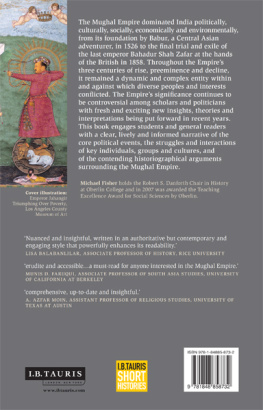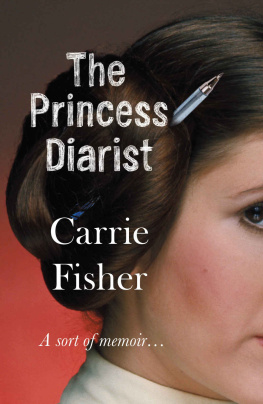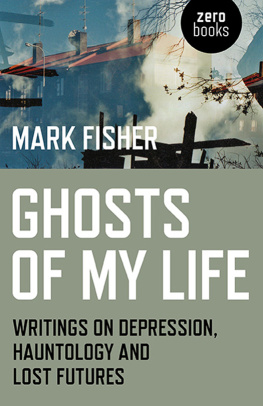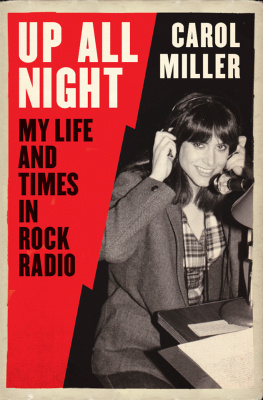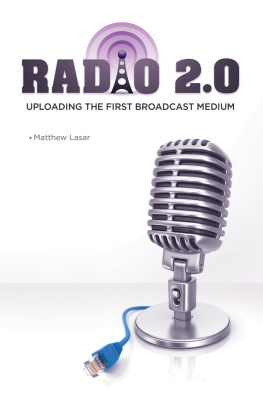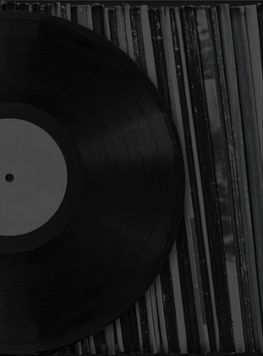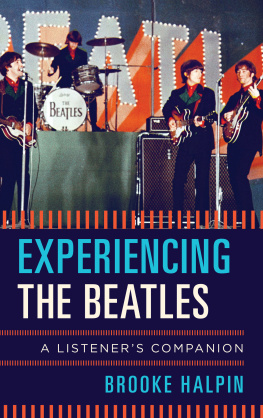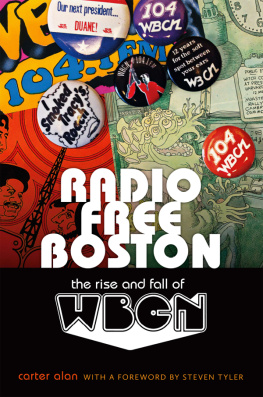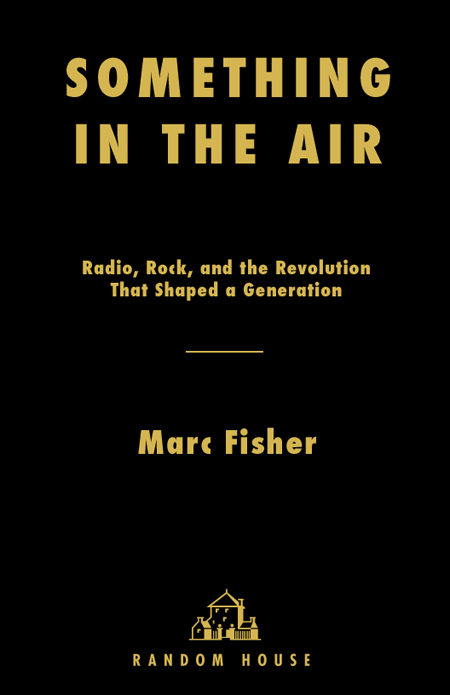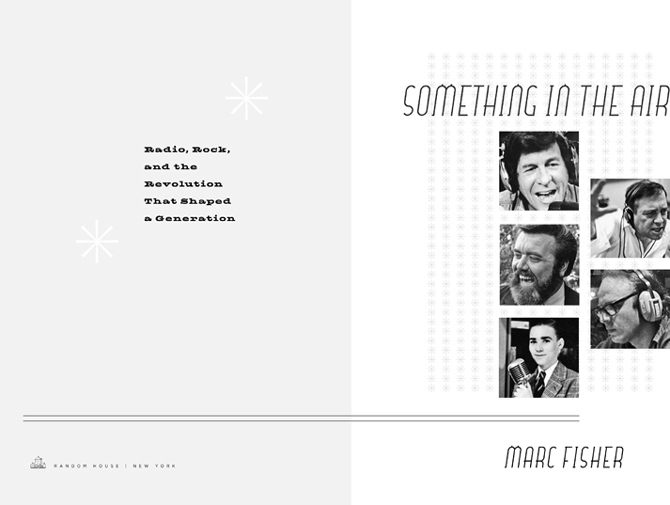T HE SUMMER I WAS TWELVE , I spent hours walking along the beach on Long Island, transistor radio in my hand, listening to the most popular station in the nation. I didn't much care for the songs on WABC; I particularly despised Gilbert O'Sullivan's Alone Again (Naturally), a whining ballad that somehow swelled my adolescent frustrations and made me want to hurl the radio into the sea. But I couldn't do that. Nor did I turn the dial on the cream-colored plastic boxnotched black dials for volume and tuning, smooth ribs of plastic over the speaker, a single nine-volt battery inside, the whole package a bit larger than a pack of Marlboros. That radio stayed with me all day; each night, I slipped it under my pillow.
I kept that radio tuned to the Top 40 station because the next song might be Billy Paul's Me and Mrs. Jones, which I couldn't get enough of, even if I hadn't the slightest idea what the song was about. I kept the radio tuned to Musicradio 77 because I was twelve, this was America, and that was what I was supposed to do. I listened because the deejays were fast and fevered, because there was nothing else moving at the frenetic pace of my mind and emotions. In the voice of my favorite deejay, Dan Ingram, in his six-second antics sandwiched between ads and pop songs, I heard freedom and passion, everything a kid wants to think is out there somewhere, just beyond his reach.
In New York City, where I grew up, WABC was the sound that poured out of car windows, storefronts, beach blanket transistors, and even some of those hip hi-fi stereos the older kids were buying so they could play their albumsalbums WABC assuredly did not spin. Every big city had a similar stationWLS in Chicago, KHJ in Los Angeles, WRKO in Boston, and on and on across the land, the deejays shouting, the hits repeating, the jingles and contests and promotions and ads flying out of the speakers, a locomotive of a generation.
Nobody talked much about radio then; it was just there. The songs and jingles embedded themselves in our memories, linking to moments magical and painful, connecting to events, places, people. Americans who grew up in the 1950s, 60s, 70s, and into the 80s received the blessing (and the curse) of a common soundtrack, not only in popular music but across all of radio's programmingthe rock and the pop, the deejays and the news, the all-night talkers and the FM fringe.
For a few brief decades, pop culture brought the nation together into a sense of belonging, a deep belief in the great American myth that had powered the nation to victory in World War II and propelled the economic dynamo of the 1950s and 60sthe deeply felt conviction that we were one community, one generation. We grew up dancing and dreaming to the same soundtrack, and we were therefore somehow united. That sense of belonging molded our expectations in politics, work, home, and school. Until the Great Unraveling of the late 1960s and early 70s, this shared pop culture was a meeting ground for our nation, a commons that we only years later realized we had lost.
Radioat least in its traditional AM-FM incarnationhas seemed like a fading technology of late, but it's a big piece of how we got to be who we are. And if the history of changing technologies teaches us anything, we should know better than to write radio's obituary. Listening to Americans talk about radio over the past few years, I've heard one story after another about the voice, program, or music that changed a life. Almost everyone has a radio storyof a road trip on which they first heard the blues or zydeco, of an all-night talk show that lured them into the mysteries of the JFK assassination or the deep unknowns of cosmology, of a deejay who talked them through a teen romance gone bad. When I met Michael Freedman, who rose to the top of CBS Radio News, he pulled open his desk and cradled in his hand the transistor radio he had kept under his pillow decades ago to listen to the ball games and newscasts that shaped his future. George Michael, the great Philadelphia and New York Top 40 deejay who later became a nationally syndicated sportscaster, reached into his top drawer and let me hold the stopwatch he used four decades ago to time the introductions of each pop hit so he could talk right up to the first syllable of the song's vocals. I've been taken into basements to see treasured jukeboxes, into back offices to hear an old tape of a cherished but long gone Top 40 station, into kitchens to pore over scrapbooks of concert tickets, programs, and song surveys featuring the swinging all-American deejays of one boss rocker or another. Each visit brings back my own memories in rushes of sound muffled by the passage of time: the velvet tones of Clarence Rock, the all-night newsman on all-news WINS; the wild conspiracy theories and classic carny pitches of all-night talker Long John Nebel; the tinny tunes of distant AM pop stations as I faded to dreamland.
Radio lends itself to nostalgia, to a pining for the innocence of a summer's night listening to baseball from a far-off city, the signal fading in and out, the crack of the bat sometimes lost in the sizzle of static from a distant lightning bolt. Or the longing could be for radio's lost edge, for that moment when you first heard a certain Dylan song, or the whole A side of Sgt. Pepper's, or National Public Radio's coverage of the fall of the Berlin Wall, or Art Bell's midnight conjuring of too many coincidences surrounding the official explanation of Area 51.
But far more than nostalgia, the story of radio is the story of imagination in American popular culture. It is Richard Dreyfuss in American Graffitipicturing Wolfman Jack as a pirate of the airwaves holed up in some Mexican hideaway, illicitly pumping out the cruising tunes that kept the Strip hopping each night. It is Rush Limbaugh thumping his desk and grandiosely describing his vast Excellence in Broad-casting Network headquarters even as he delivers his talk show from the luxurious splendor of his South Florida home. It is thousands of college kids playing radio, summoning a fantasy world of their own, as I did in the late 1970s, when I took listeners to my all-night show on an aural tour of a towering Holder Broadcasting Complex, twelve great stories of radio, with live reports from our beleaguered weatherman calling in from his outdoor perch, our stentorian but oft inebriated sports reporter, and our officious and incompetent newsmanall me, of course. Finest moment: a listener called and asked if tours were available of the complex, which was actually a decrepit studio in the sodden basement of an ancient, deteriorating dormitory.
Radio, not even a century old as a mass medium, has already evolved from plaything of hobbyists and tinkerers to source of the first truly national pop culture (the Golden Age of radio network broadcasting in the 1930s and 40s) to its first brush with death (when TV hit a majority of U.S. homes in the early 1950s) to bonding agent for a generation of American youth (the Top 40 era and the rise of rock and roll) to messenger of the counterculture (the rise of the FM band and free-form radio) to vanguard of niche specialization (the triumph of market research and the perfection of satellite technology) and finally to this moment, in which radio is widely groused about and dismissed, yet remains a constant companion for nearly all Americansin the car, at home in the morning, in the background at the office. Like most old media, radio defies predictions of its death at the hands of new technologies. American radiolike the pop culture it has helped to create, like the country it speaks tois ever adapting. As it ages, radio absorbs the new, co-opts the rebellious, and reinvents itself every step of the way.


